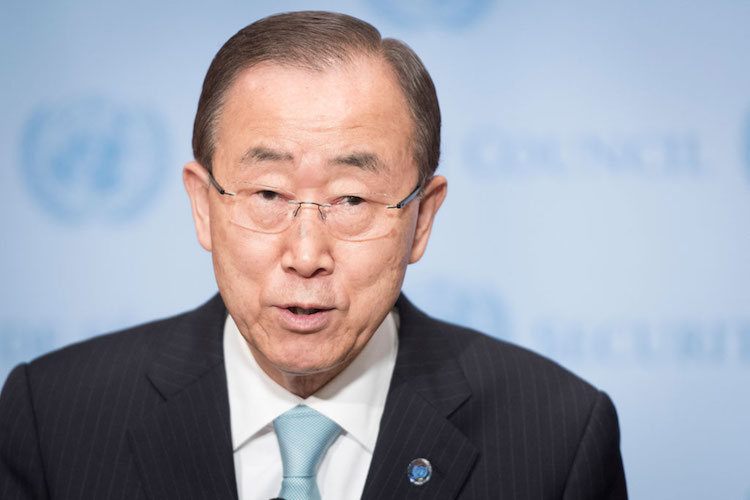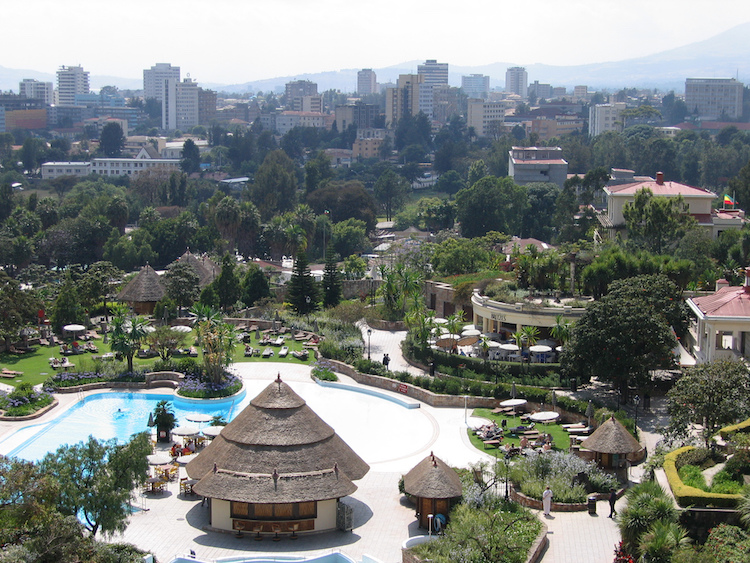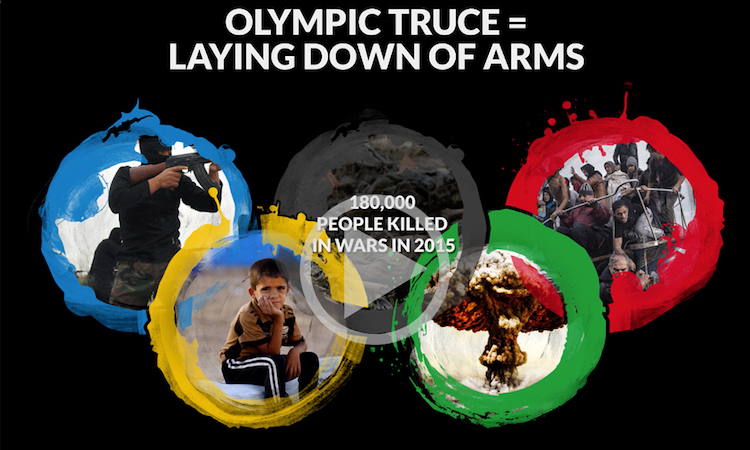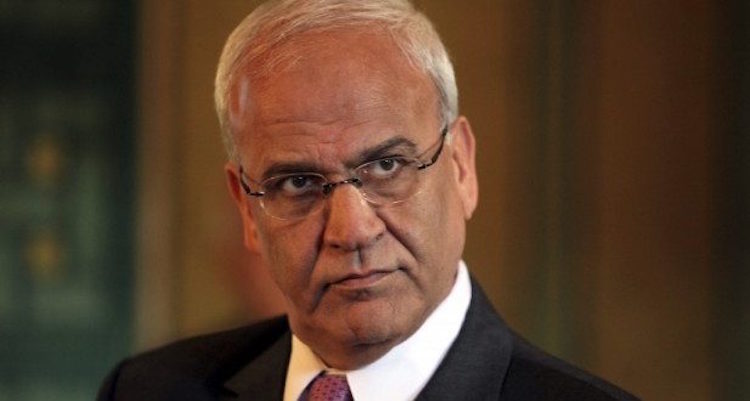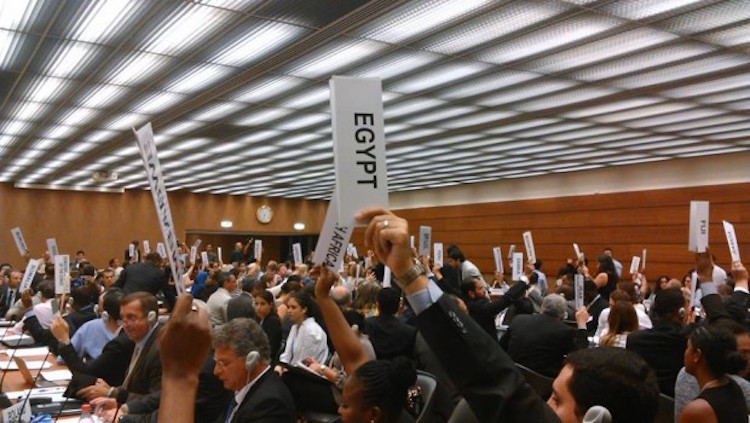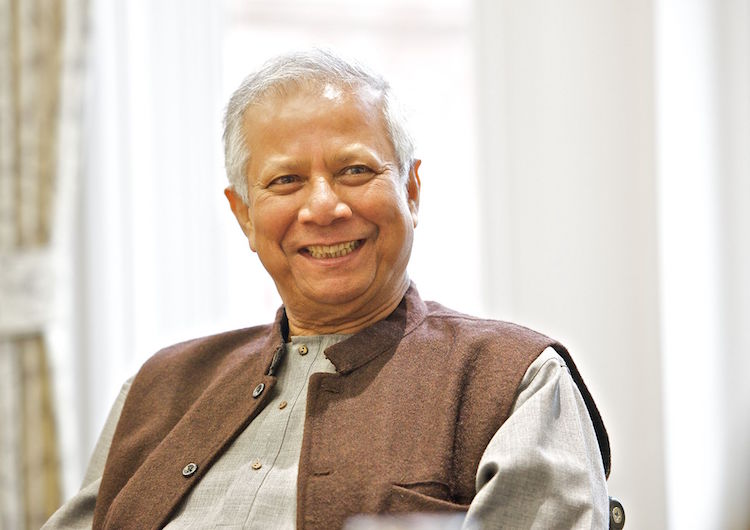NEW YORK (IDN | GIN) – Using every fibre of his being, track star Feyisa Lilesa of Ethiopia made a dash across the finish line at the just-ended Olympic Games in Rio but it wasn’t to be the end of his run.
Lilesa used his high profile silver medal victory to make a sign of solidarity with the Oromo people who are locked in a decades-long struggle with the government of Ethiopia. In a photograph seen worldwide, 26-year-old Lilesa stands with his arms crossed over his head – a gesture of defiance used by Oromos in recent months.



